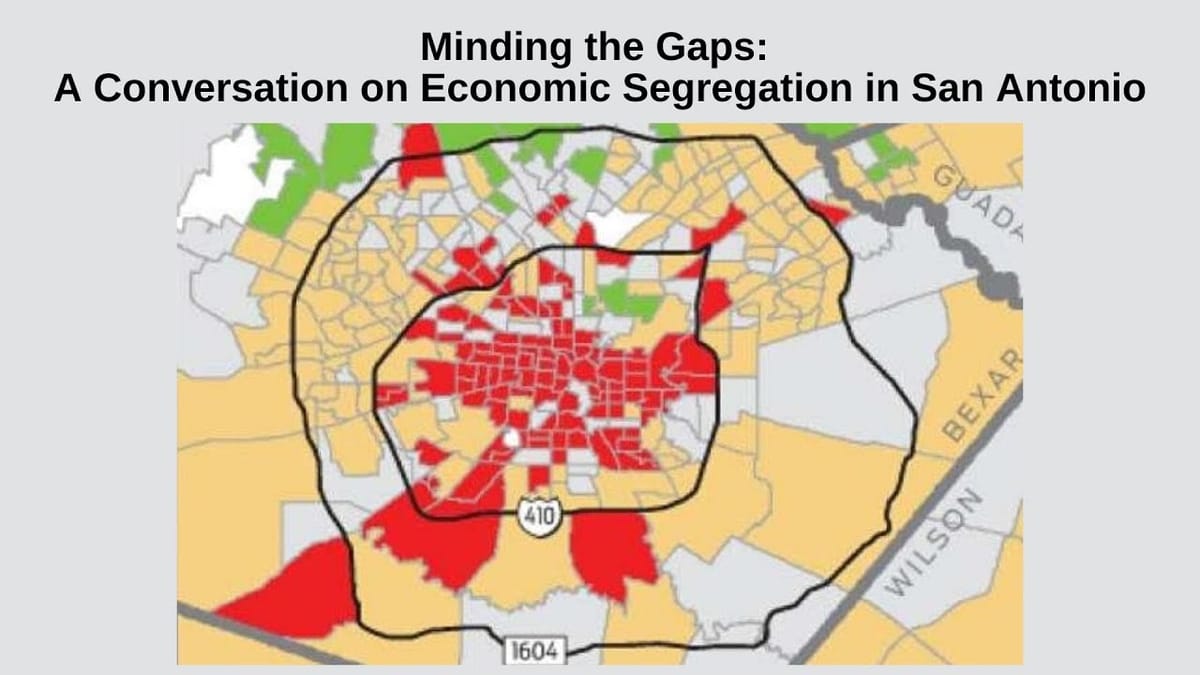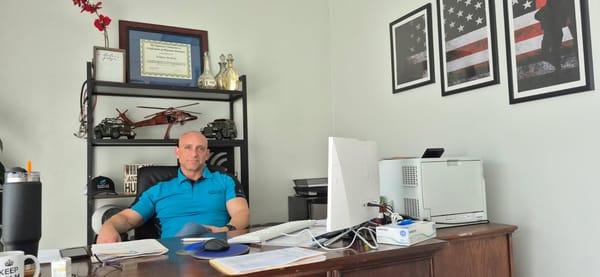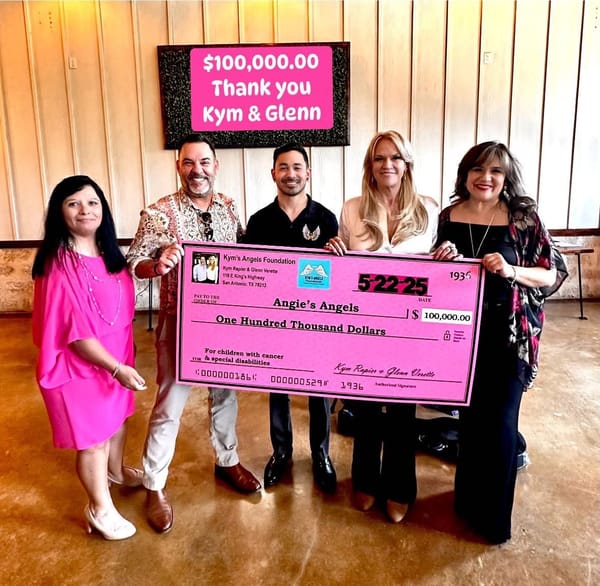“The Price of Progress: Is San Antonio Truly Ready to End Generational Poverty?”

By Christopher Herring, Publisher, River Walk Magazine
San Antonio has always prided itself on its charm, history, and cultural identity. But behind the River Walk, Fiesta parades, and tourist attractions lies an uncomfortable truth: three-quarters of our city continue to battle economic inequity, generational poverty, and systemic underinvestment.
While some tout recent GDP growth as proof that San Antonio is thriving, we must not mistake a one-year uptick as a trend. The truth is that San Antonio remains near the bottom among the nation’s ten largest cities in GDP output. That alone should raise concern. But it gets worse when you look at who is actually benefiting from our so-called “economic development.”
A Tale of Two Cities
Most of the city’s major business developments are concentrated in the northern quadrant. Shiny new tech campuses, headquarters, and high-income housing rise from the ground—while the south, east, and west sides of San Antonio struggle with aging infrastructure, poor internet access, underfunded schools, and health disparities. The "have-nots" are getting poorer, while the "haves" watch their wealth compound.
And yet, our economic strategy continues to follow the same playbook: throw millions at outside corporations in hopes they’ll bring jobs to the region. But at what cost?
Greater:SATX and the Favoritism That Fails the Many
Greater:SATX, the city’s economic development engine formerly known as the San Antonio Economic Development Foundation, has enjoyed a sweetheart relationship with City Hall for decades. Under multiple city managers, including the current City Manager, it has been showered with taxpayer funds to recruit external firms—while offering little in terms of equitable return for the communities most in need.
It is worth asking: If Greater:SATX is truly working, why has generational poverty in San Antonio remained largely unchanged? Why has the east side seen more displacement than development? And why are local, second-stage companies—the real drivers of sustainable, home-grown economic growth—being overlooked?
Community voices, including myself and civil rights leader T.C. Calvert, have long questioned the transparency and effectiveness of Greater:SATX. We spoke out in City Council chambers over a decade ago, urging accountability. Those same concerns remain relevant today.
Ready to Work... But Ready for What?
The City’s other major initiative, Ready to Work, has noble intentions—using sales tax dollars to fund education and job training for low-income residents. But while the program has delivered some success stories, the numbers reveal a different reality. Thousands have enrolled, but only a fraction have landed sustainable careers. And in a city where the average family in our most economically distressed ZIP codes earns less than $30,000 a year, the pace of change is too slow to meet the scale of the crisis.
Programs that promise opportunity but fail to deliver leave communities even more disillusioned—and deepen the generational wounds we claim we want to heal.
The Future We Deserve: A Mayor’s Mandate
With leadership changes on the horizon—new mayor, new city manager—San Antonio must decide whether it wants to be a city of selective prosperity or shared opportunity. The next administration must do more than maintain status quo relationships with elite nonprofits and tourism boards. It must demand outcomes.
We need a mayor who is unafraid to challenge the institutional favoritism shown to Greater:SATX and who will demand investment—not just in corporations, but in neighborhoods. We need a city manager who understands that infrastructure in our south and east sides is just as vital as downtown development. And we need a public who refuses to accept economic segregation as the cost of growth.
Ending generational poverty requires political courage. It requires prioritizing equity, not just expansion. It means nurturing local business capacity, not just courting billion-dollar companies. And most of all, it means putting San Antonio’s people—all its people—at the center of every economic decision.
Christopher Herring is the Publisher of River Walk Magazine and a long-time advocate for small business and economic equity in San Antonio.



